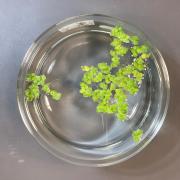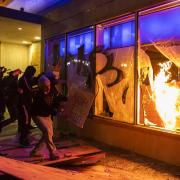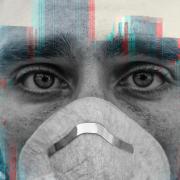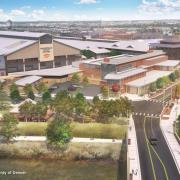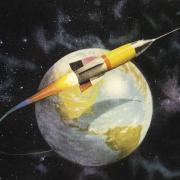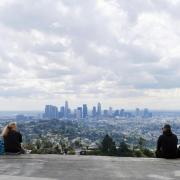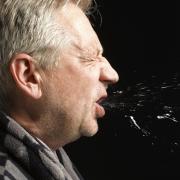The Conversation is an independent, nonprofit publisher of commentary and analysis, authored by academics and edited by journalists for the general public. On a mission “to promote truthful information and strengthen journalism by unlocking the rich diversity of academic research for audiences across America,” The Conversation publishes short articles by academics on timely topics related to their research. CU Boulder provides funding as a member of The Conversation U.S. Learn more about the partnership and how and why to write for The Conversation.


